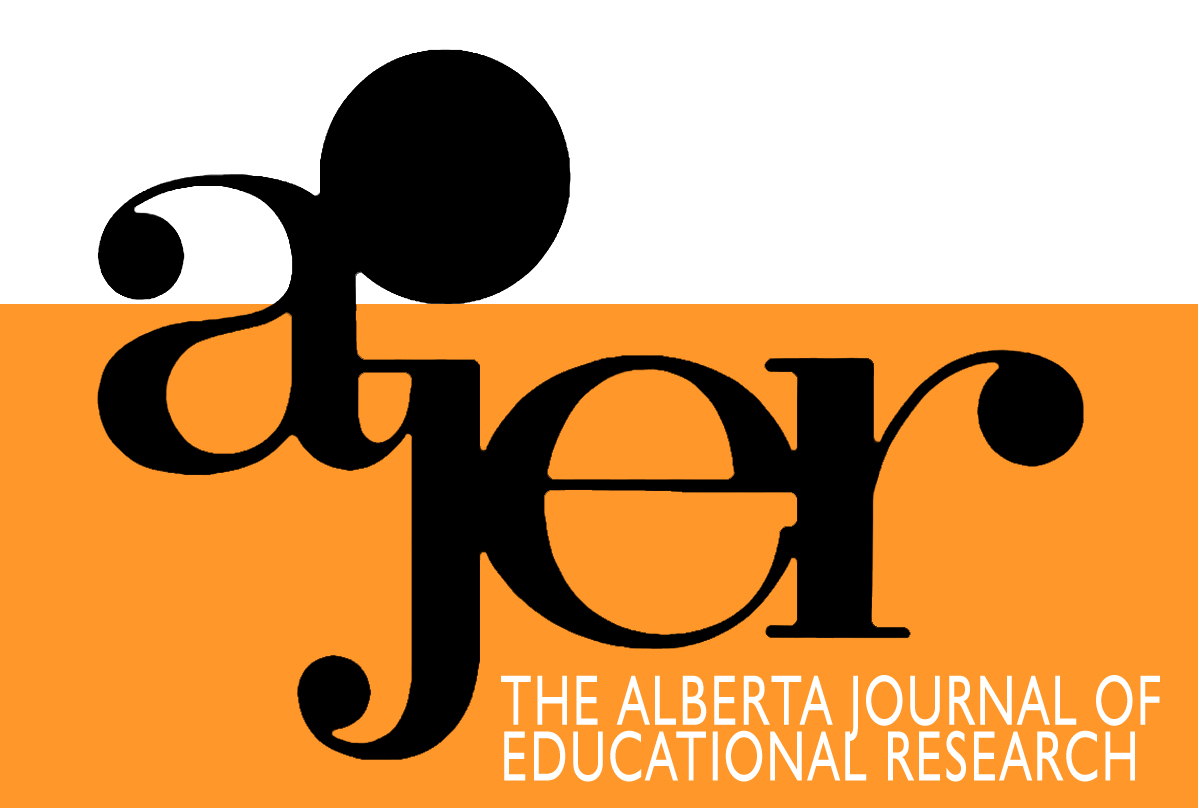Teachers’ Understandings of Critical and Higher Order Thinking and What This Means for Their Teaching and Assessments
DOI:
https://doi.org/10.55016/ojs/ajer.v62i1.56168Keywords:
Critical thinking, higher order thinking, teaching thinking, assessment of thinking, Mots clés, esprit critique, habiletés supérieures de la pensée, enseignement de la réflexion, évaluation de la réflexionAbstract
Critical and higher order thinking is essential to education, but it is not clear what teachers understand this to mean and what role this has in their instruction. We interviewed 38 teachers in Kindergarten to Grade 9 classrooms from 14 schools in Newfoundland and Labrador, Canada, to obtain their understandings of critical and higher order thinking in social studies and science, and how this affects instruction and assessment. The teachers believed that higher order thinking was important for all students, and attempted to teach thinking; however, they were less sure of how they might assess thinking. The teachers indicated uncertainty about what higher order thinking means, and believed they were not well prepared to teach or assess higher order thinking.
L’esprit critique et les habiletés supérieures de la pensée sont des éléments essentiels de l’éducation; pourtant, il n’est pas clair si les enseignants comprennent ces concepts ou le rôle que jouent ceux-ci dans leur enseignement. Nous avons interrogé 38 enseignants de la maternelle à la 9e année et provenant de 14 écoles à Terre-Neuve-et-Labrador, au Canada, de sorte à apprendre comment ils concevaient l’esprit critique et les habiletés supérieures de la pensée en études sociales et en science, et dans quelle mesure leur perception affectait l’enseignement et l’évaluation. Les enseignants croyaient que les habiletés supérieures de la pensée étaient importantes pour tous les élèves et ils tentaient d’enseigner la réflexion ; toutefois, ils étaient moins certains quant à la façon d’évaluer celle-ci. Les enseignants ont manifesté une incertitude quant à la définition des habiletés supérieures de la pensée et estimaient qu’ils n’étaient pas bien préparés pour les enseigner ou les évaluer.
Downloads
Downloads
Published
How to Cite
Issue
Section
License
UNIVERSITY OF ALBERTA COPYRIGHT LICENSE AND PUBLICATION AGREEMENT
If accepted, authors will be asked to sign a copyright agreement with the following points:
A. Where there is any inconsistency between this Copyright License and Publication Agreement and any other document or agreement in relation to the same subject matter, the terms of this Agreement shall govern.
B. This document sets out the rights you are granting in relation to publication of your article, book review, or research note entitled (the “Article”) through inclusion in the academic journal titled Alberta Journal of Educational Research (the “Journal”) published through the Faculty of Education, representing the Governors of the University of Alberta (the “Journal Editor”).
C. There will be no payment to you for this publication and grant of rights. In consideration of the agreement to publish the Article in the Journal:
1. You are warranting that:
- the content of the Article is your original work, and its content does not contain any material infringing the copyright of others; or, where the Article is not entirely your original work, you have obtained all necessary permissions in writing to grant the rights you are giving in this agreement;
- the content of the Article does not contain any material that is defamatory of, or violates the privacy rights of, or discloses the confidential information of, any other person;
- the Article has not been published elsewhere in whole or in part, and you will not allow publication of the Article elsewhere without the consent of the Journal Editor;
- the names of all co-authors and contributors to the Article are:
2. You agree to license the copyright in the Article to the Journal Editor, on a worldwide, perpetual, royalty free basis; and to the extent required by the terms of this agreement. You shall retain the right at all times to be acknowledged as the/an author of the Article.
3. You further agree that the Journal Editor has the entitlement to deal with the Article as the Journal Editor sees fit, and including in the following manner;
- The right to print, publish, market, communicate and distribute the Article and the Journal, in this and any subsequent editions, in all media (including electronic media), in all languages, and in all territories, ing the full term of copyright, and including any form of the Article separated from the Journal, such as in a database, abstract, offprint, translation or otherwise, and to authorize third parties to do so;
- The right to register copyright of the Journal;
- The right to edit the Article, to conform to editorial policy as the Journal Editor sees fit.
4. If any co-author or contributor to the Article does not sign this agreement, the Journal Editor reserves the right to refuse to publish the Article.



